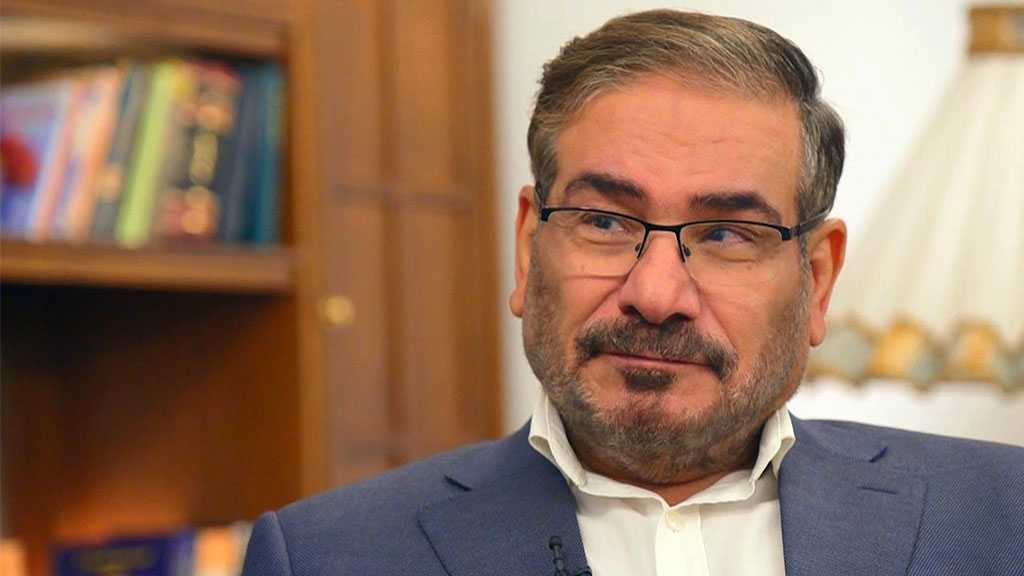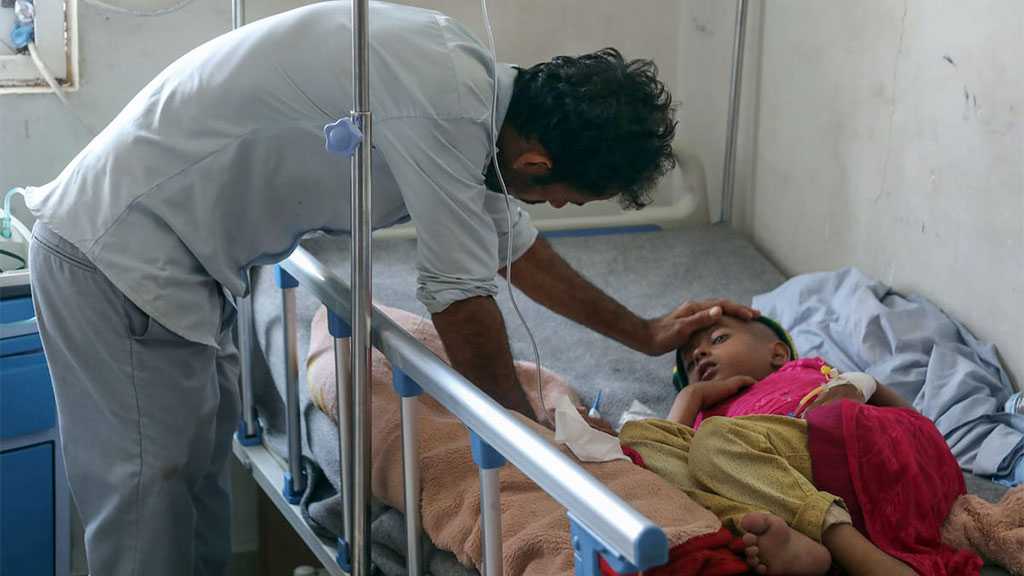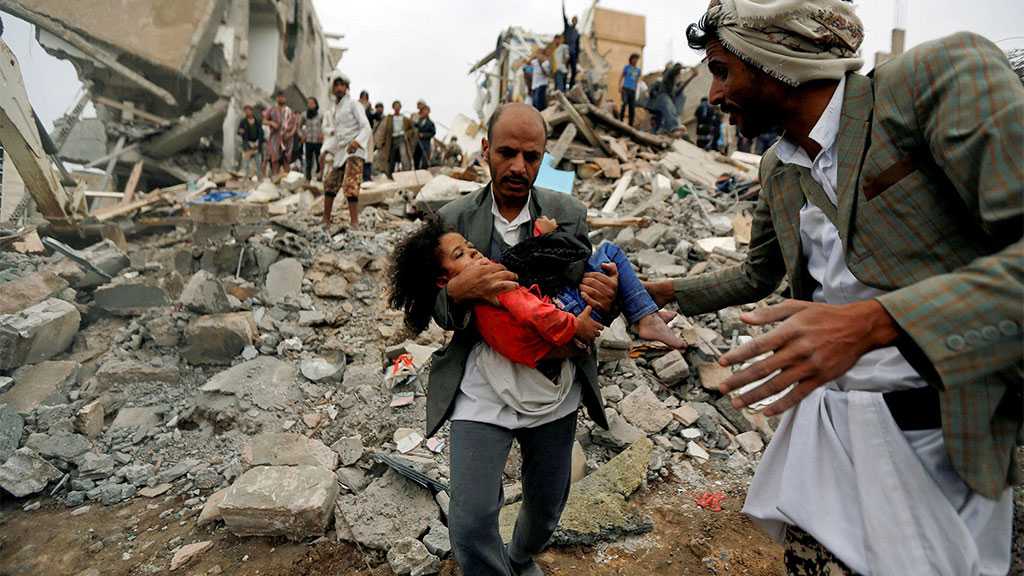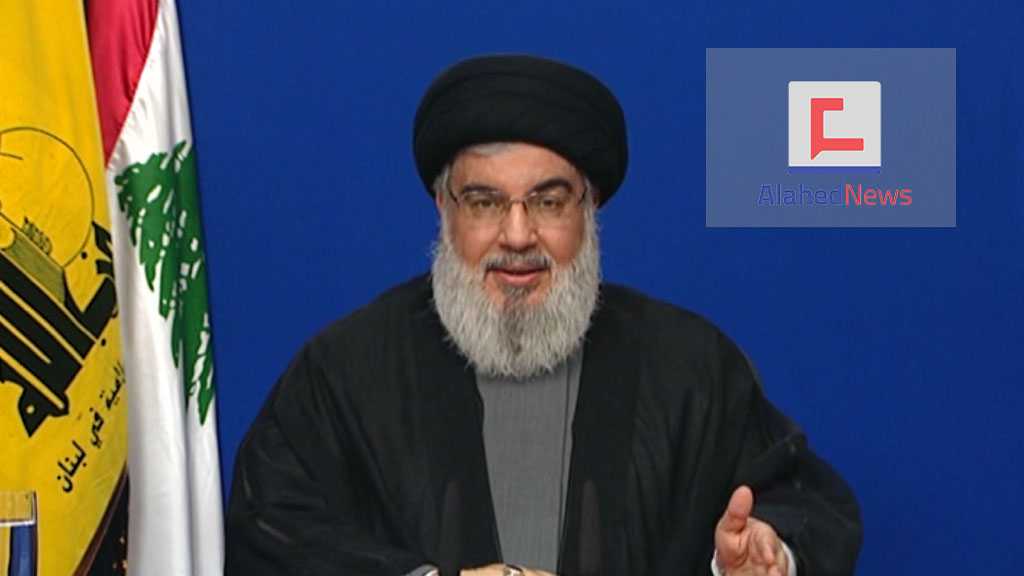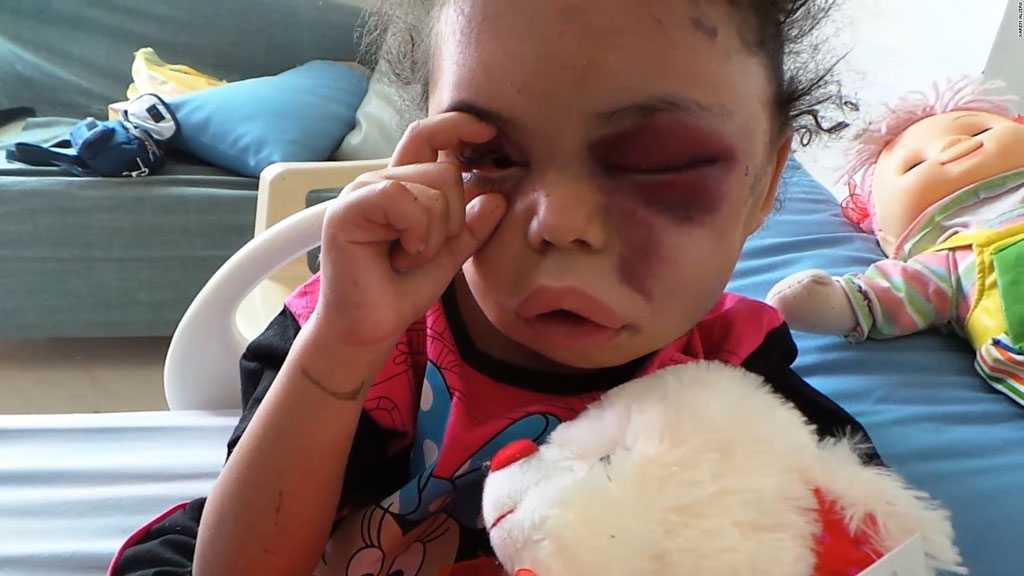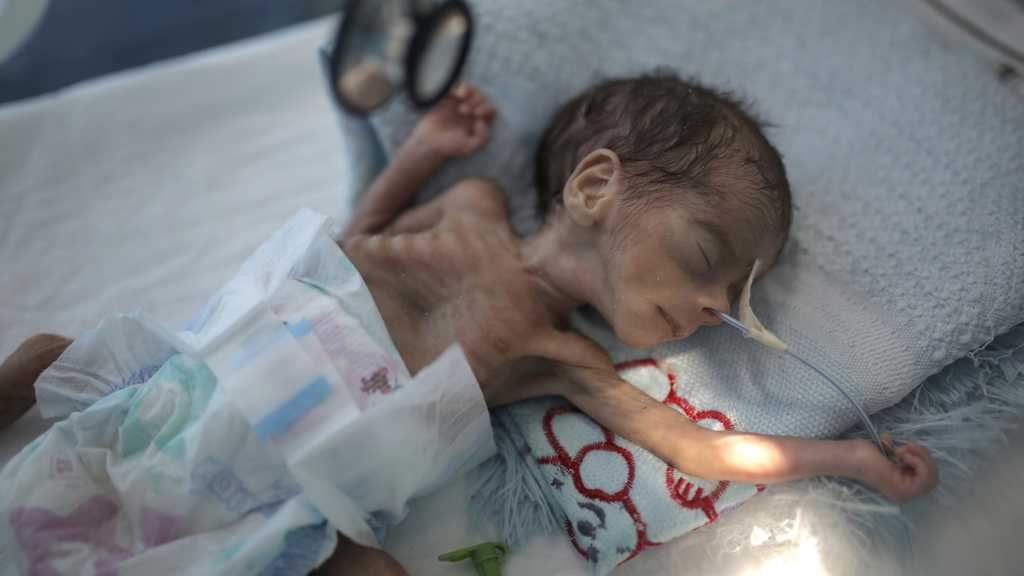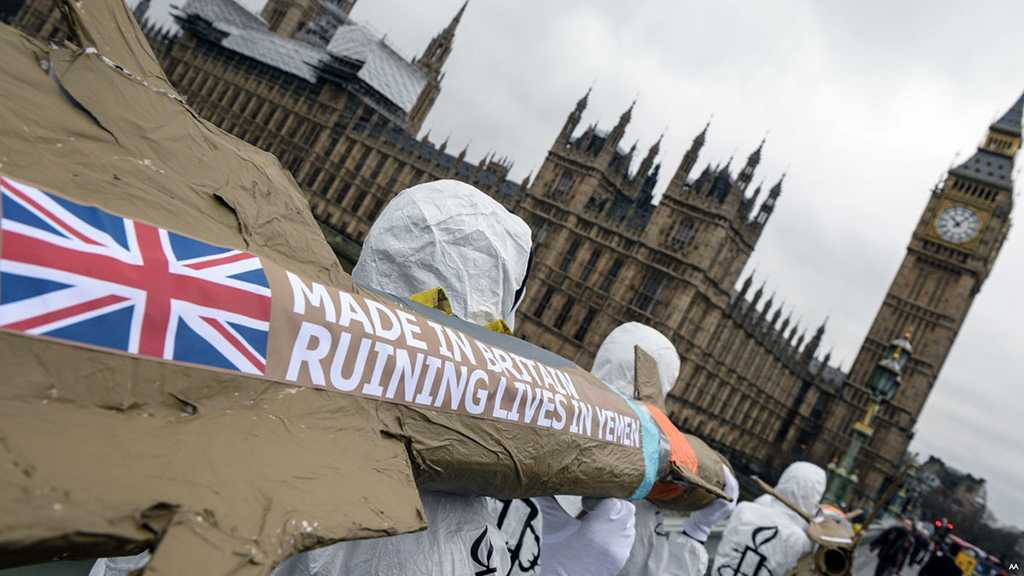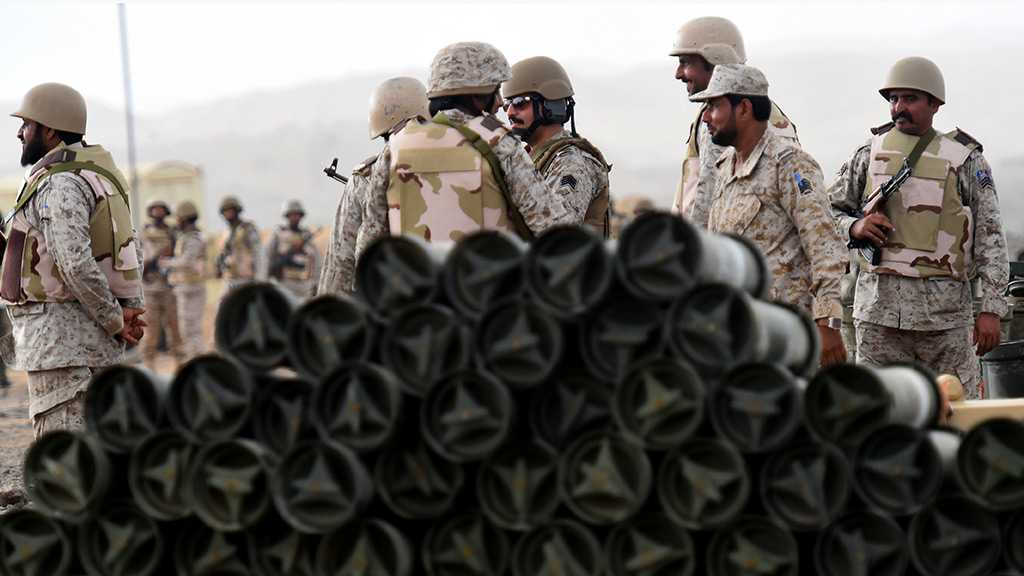Tuesday, April 23, 2024, marked the 200th consecutive day of Israel’s large-scale military offensive on the Gaza Strip. Nearly 90 percent of the population is displaced, with many living in dire conditions in tents, and the few remaining schools used as shelters. Despite the International Court of Justice’s provisional measures orders to prevent genocide, Israel persists in threatening a large-scale ground invasion of Rafah, home to over 1.2 million residents and displaced persons—a threat that has loomed over the Palestinian people there for several weeks.
Our organizations — the Palestinian Center for Human Rights (PCHR), Al Mezan, and Al-Haq — are closely monitoring and deeply concerned about the escalation of Israeli airstrikes on Rafah. The tactics of intensified bombing of homes using heavy artillery and carpet bombing are alarming and have resulted in significant civilian casualties over the last six months.
Furthermore, concerns are growing as reports from Israeli media indicate that the Israeli army is purchasing thousands of tents to accommodate displaced individuals from Rafah. The Israeli plan to expand the so-called safe zone in the Al-Mawasi area, despite its limited capacity and current overcrowding with displaced persons, is also troubling. This expansion is purportedly capable of housing up to a million people, but the reality of its size (extending about a kilometer deep from the borders of Khan Younis to the borders of Rafah) raises doubts about its feasibility and effectiveness in addressing the humanitarian crisis.
Our organizations have repeatedly warned and expressed serious concerns about the potential consequences of a large-scale ground invasion on Rafah, similar to what has occurred in most governorates of the Gaza Strip. Such an invasion could lead to horrific massacres and raise scenarios of a second Nakba. The densely populated city, with hundreds of thousands of displaced individuals residing in tents and heavily relying on aid from the Rafah and Kerem Abu Salem Crossings, exacerbates the vulnerability of its population. The closure of these vital crossings during a potential Israeli attack would leave no suitable alternatives for the evacuation of Rafah residents and those already displaced within the city. This concern is compounded by the continued attacks and destruction that have altered the landscape of the Gaza Strip.
According to the latest update from the Palestinian Ministry of Health on April 23, 2024, Israeli military attacks over the span of 200 days have led to the killing of 34,183 Palestinians, including 14,778 children and around 10,000 women, and the injury of 77,143 others. One child is killed or injured every 10 minutes in Gaza. An estimated seven to eight thousand Palestinians are still missing, buried under the rubble, or in the streets. There have been ongoing efforts over the past few days to retrieve some of them, amid reports of finding individuals bound and buried in mass graves in Nasser and Al-Shifa Hospitals, indicating the possibility of them being killed by the Israeli army after their arrest. All of this requires the opening of a serious and independent international investigation. It is worth noting that citizens have been forced to create temporary graves in hospitals, markets, streets, and near destroyed homes due to the impossibility of transporting the people killed to official cemeteries.
After 200 days of horrific genocidal acts in Gaza, the real objectives of the attack are the continuation of the 76-year-long ongoing Nakba and the erasure and genocidal destruction of the Palestinian people in Gaza. Israel is laying the groundwork to fulfill its settler colonial plan of colonizing Gaza, played out in real time on the world’s television sets and screens. We warn that the risks of displacement are still present unless the international community intervenes effectively to prevent them.
Our organisations reiterate that silence from the international community is no longer acceptable, and mere statements of condemnation are not enough in the face of genocide and systematic and deliberate crimes to destroy the foundations of Palestinian life.
Our organizations warn of the threat of an Israeli ground invasion on Rafah. Such an attack would represent the peak of the Israeli attack on Gaza, with the intent of inflicting the highest number of casualties and civilian victims, potentially leading to mass forcible displacement towards the Egyptian borders, located mere meters away. This scenario threatens the acceleration of the Nakba on the Palestinian people and is an approaching reality.
We urgently call on the permanent members of the UN Security Council, the UN Secretary-General, the Prosecutor of the International Criminal Court, and the High Commissioner for Human Rights to swiftly intervene to avert the continuing Nakba and to halt the ongoing genocide in Gaza.
Our organisations warn Third States that they may be complicit in genocide through their unlimited military and financial support of Israel’s aggression on the Gaza Strip. We remind the Third States of their erga omnes obligations to protect the Palestinian people from genocide.
We further urge the international community to secure the right of return of Palestinians to their areas of residence and ensure the provision of essential services, including access to clean water, reopening closed roads, and other necessary support.
We emphasize that the key to resolving the crisis in the region forever lies in ending the illegal occupation, dismantling the Israeli settler-colonial apartheid regime, revoking all discriminatory and inhumane laws, policies, and practices against the Palestinian people as a whole, and enabling the Palestinian people to exercise their inalienable right to self-determination and the return of refugees without any conditions or restrictions.
Filed under: "Israel", Israeli Crimes crimes against humanity, Nazi Israel | Tagged: Besieged Gaza Strip., Gaza hospitals, Humanitarian crisis In Gaza, International Court of Justice ICJ, Israeli Media, Khan Yunis, New Nakba, Palestinian Centre for Human Rights (PCHR), Rafah Invasion, The death toll in Gaza, The Palestinian Ministry of Health, War on Gaza | Leave a comment »













